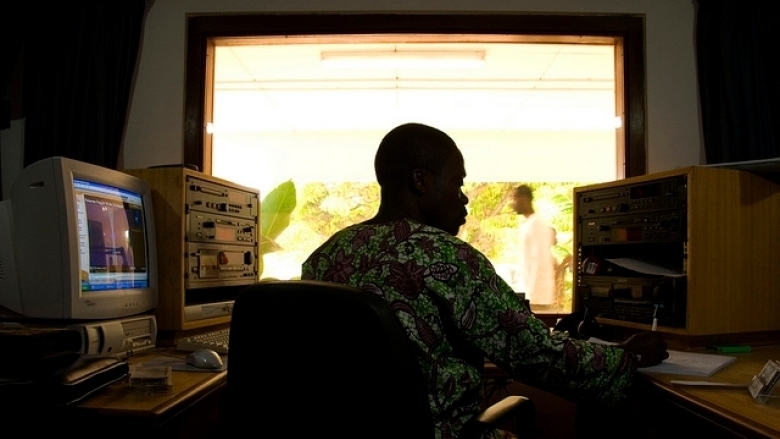Nairobi, March 27, 2017 — Building skills in the applied sciences, engineering and technology may hold the key to the economic transformation of Sub-Saharan Africa.
It currently ranks among the lowest in the world’s regions in scientific research and development, contributing just 1.1% of global research output. With its rapidly growing youth population and 11 million new graduates entering the job market each year, the region needs to work quickly to find a solution to its skilled labor deficit, while building self-sufficiency in fighting modern challenges like climate change and global pandemics.
From April 5 to 7, about 200 experts and policymakers will gather in Nairobi for the Partnership for skills in the Applied Sciences, Engineering and Technology (PASET)’s Fourth Regional Forum, to discuss how to rebalance the region’s higher education towards these fields and better position Africa to compete and succeed globally.
“There is much that African academic leaders and innovators can learn from each other and their counterparts in countries like Korea, China, Brazil, and India,” says Fred Okengo Matiang'i, Cabinet Secretary for the Ministry of Education, Science and Technology in Kenya, which is one of the five African countries leading PASET. “Kenya is pleased to host this event, which will particularly focus on sharing innovations in programs in Applied Sciences, Engineering and Technology both at the technical vocational levels and at higher education levels.”
The forum will showcase examples of skills development and innovation across Africa and the world. Its participants include high-level government officials, private sector representatives, foundations, research institutions, and technical and vocational education centers from about 19 African countries, as well as representatives from South Korea, Brazil, China, India, Malaysia and Norway.
“The forum will be a rare learning and networking opportunity for all those with a stake in investing in technical-scientific capacity to contribute to Africa’s transformation,” says Sajitha Bashir, PASET team member and Practice Manager for Education, East Africa at the World Bank.“Through this important gathering, we also look forward to mobilizing further support for PASET among African countries, private sector, and other partners.”
PASET was launched in 2013. Facilitated by the World Bank and led by African governments, it works to strengthen a full educational spectrum in ASET fields, from technical/vocational to post-graduate education. PASET’s champions in Africa are the governments of Senegal, Ethiopia, Rwanda, Kenya, and Ivory Coast, who have together pledged $10 million toward its initiative for PhD education, research and innovation. PASET’s knowledge-sharing and technical assistance are partly financed by countries like Korea, China and Norway.
Learn about PASET’s progress so far. Keep updated on the Forum’s proceedings on April 5-7 by following #PASETFORUM on Twitter.
For more information, please contact Saori Imaizumi at simaizumi@worldbank.org.

